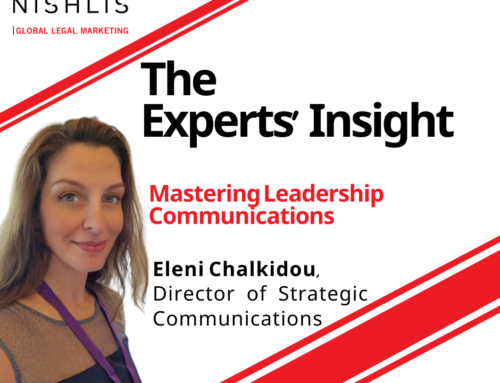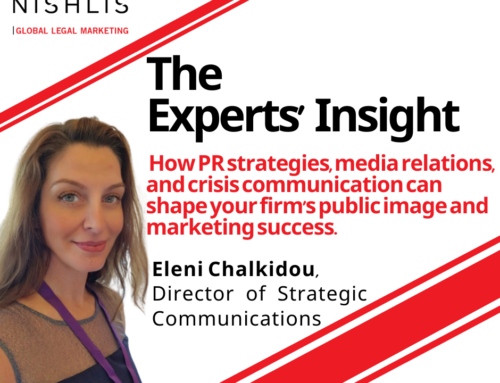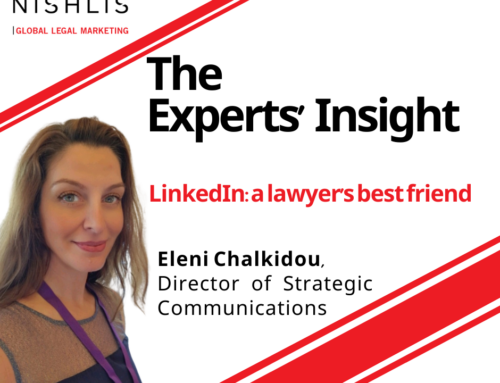Written by Lee Saunders, head of content at Nishlis.
Artificial intelligence will continue to grow in its usefulness but will always rely on the creative input and vast real-world experience of lawyers and General Counsels – not merely to avoid mistakes, but also to propel companies to the next level.
Within two months of its November 2022 launch, the ChatGPT chatbot was being used by 100 million people, one of the fastest adoptions of a new consumer application ever. This AI language model developed by OpenAI is essentially a computer program designed to help you generate natural language, replicate human-like text-based conversations, and retrieve information. A recent study of 4,000 respondents in the U.S., UK, Australia, and India by Israeli CRM platform developer Salesforce revealed that such ‘Generative’ AI has been embraced by an astounding 49% of respondents – in less than a year. A recent article in the Jerusalem Post asked if corporations were going to ban the use of ChatGPT, after a recent survey showed businesses in the U.S. have begun to question the extent to which ChatGPT should be embraced.
Generative AI has already attracted regulatory scrutiny, particularly in Europe, where data collection practices have come under the microscope of privacy watchdogs. Particular fears relate to potential data security breaches and intellectual property leaks.
As the speed of change accelerates, both private practice lawyers are weighing up the benefits and risks associated with the integration and use of AI in their practices, and GCs are also increasingly exploring how AI tools can enhance legal operations within their companies.
In this broader discussion, experts from Arnon, Tadmor-Levy, Shibolet, Lipa Meir & Co., The Luzzatto Group, Dechert, and Penteris shared their thoughts and experiences with us, how this field is impacting or beginning to impact clients, as well as the great opportunities and immense challenges for companies, governments, and consumers.
Click here to read the article or see below.









